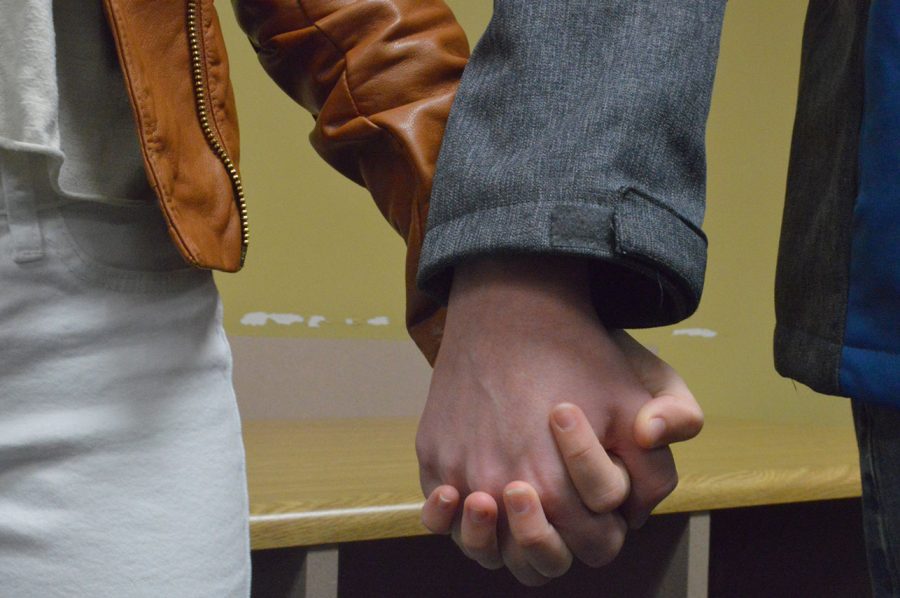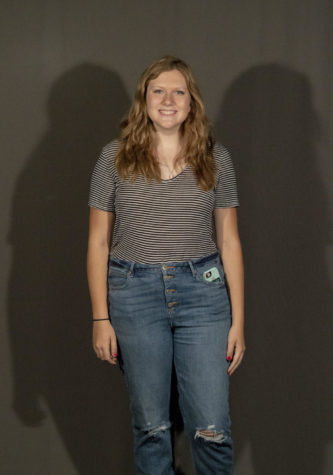PSA: PDA
February 10, 2017
Nicholas Sparks has it all wrong. After centuries of evolution, affection finds its true form in 2017, pressed between sweaty bodies in the middle of a poorly-lit high school gym. As other students roll their eyes and the occasional chaperone mutters something about courtesy, the PDA-guilty couple unabashedly makes out, as if desperate to prove that eating their significant other’s face in a crowded room is the ultimate declaration of love. Ah, yes, these are the memories that they will relay to their children.
It seems unlikely that any student could make it a week in high school without witnessing some degree of PDA, or “Public Displays of Affection”. Typically, this can range anywhere from innocent hand-holding to full-on grinding. Unfortunately, what is intended to be an expression of love between students frequently ends up being an annoyance and a distraction to others.
“I see [PDA] often,” sophomore Eden Hany said. “Too often. [I’ll try to study] in Precal, but all I can focus on is the gross [PDA-engaging] couple in the hallway.”
PDA, like many other tropes of high school, walks a line between normal and obnoxious. Couples that hold hands, hug, or walk to class together can be adorable. Couples that plaster their hands and mouths all over each other between classes? Not so much.
I’ve never been one to tell people what to do with their personal lives, but it’s important to remember that a public school, as the term “public” implies, is not a personal place. Affection itself is a good thing, but if it disrupts the purpose of school, which is to help students learn, it should be avoided out of respect for all NHS students.
If wondering if their PDA may cross the line from acceptable to rude, students should think WWGD: What Would Grandma Do? Would Grandma channel Nicki Minaj in the middle of the hallway, twerking in front of all her peers and teachers? No. Would she chase you around the kitchen with a wooden spoon if she saw you doing it? Yes. If their affection is to the level that they wouldn’t want their grandmother to see it, students probably shouldn’t be engaging in it publicly.
Additionally, being bothered by PDA is not something that students should just “get used to.” Think of the above example. No one wants to see his or her grandma twerk. Witnessing PDA is the high school equivalent of seeing your grandma twerk. It should be the responsibility of couples engaging in PDA to make sure that they are not bothering other students, not the responsibility of bystanders to adjust their views on the subject.
While I’m not some anti-affection prude, I don’t think “Let’s sloppily make out in the hallway, impeding the flow of traffic as we do so” is the perfect way to say “I care about you.” Students at NHS will date. They will develop close relationships. They will be affectionate, and there’s nothing wrong with that.
With this, NHS students should keep in mind those around them. A learning environment free from uncomfortable PDA distractions is not too much to ask for. In short, keep it PG, NHS. Keep it PG.



